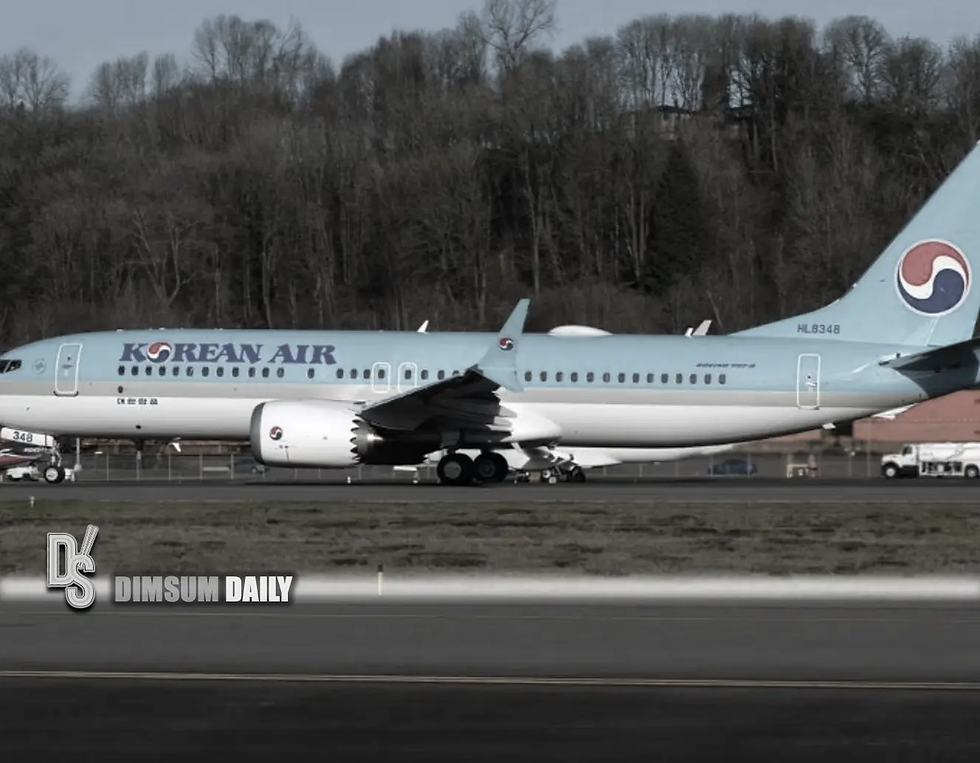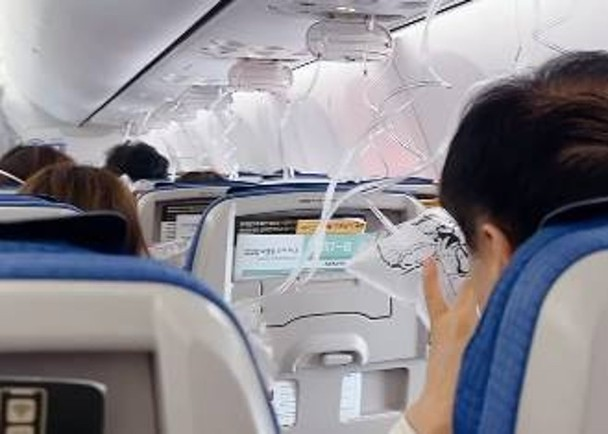Korean Air Boeing aircraft’s pressurization system anomaly causes ear pain and nosebleeds in 17 passengers
On Saturday, a Korean Air Boeing 737 MAX 8 operating flight KE189 made an emergency return to Incheon, South Korea, after experiencing a cabin pressurization abnormality en route to Taichung. The incident forced the aircraft to rapidly descend from over 30,000 feet to approximately 9,000 feet, causing discomfort and health issues for some passengers.
Official reports confirm that at least two passengers suffered nosebleeds due to the sudden pressure change. Additionally, 15 passengers reported ear pain and difficulty breathing, with 13 requiring medical attention. Fortunately, there were no severe injuries.
The flight, carrying 125 passengers, departed from Incheon International Airport at 4:45 PM and was 50 minutes into the journey when the pressurization system malfunctioned over Jeju Island. The captain decided to return to Incheon, where the plane landed safely at 7:38 PM.
A Taiwanese passenger shared her harrowing experience on social media, describing how the plane abruptly dropped after meal service, causing intense turbulence. The oxygen masks deployed, and she experienced severe ear and head pain, dizziness, and noted children crying. The cabin crew managed the situation efficiently, securing the meal service and distributing oxygen masks. Upon landing, she expressed relief and gratitude for the crew's efforts.
Korean Air has apologized for the incident and is investigating the pressurization system failure. Affected passengers have been rebooked on an alternative flight scheduled for Sunday morning, 23rd June, to continue their journey.













Comentarios